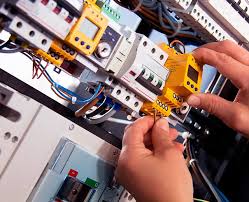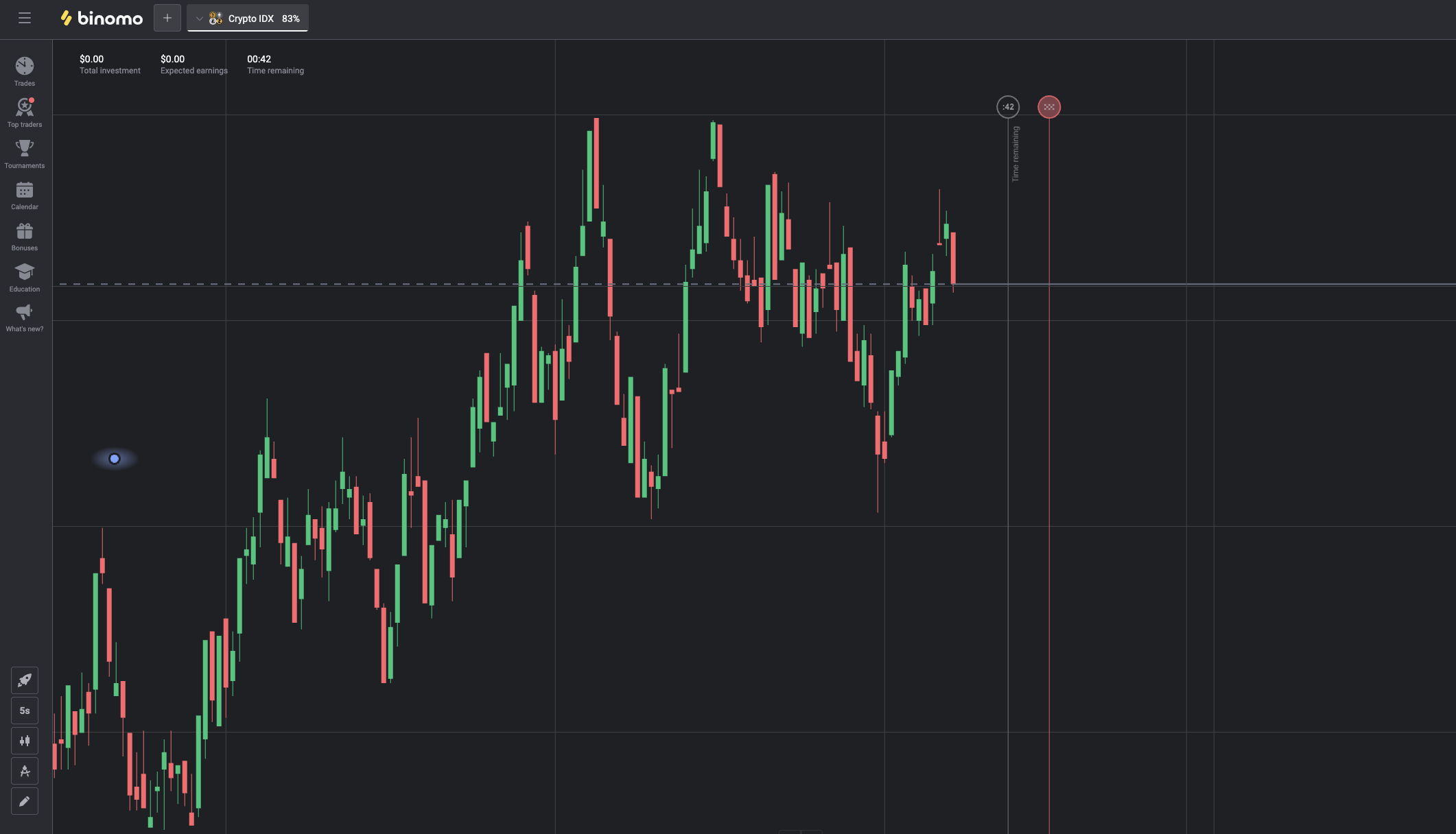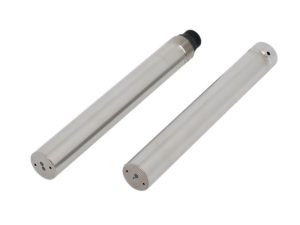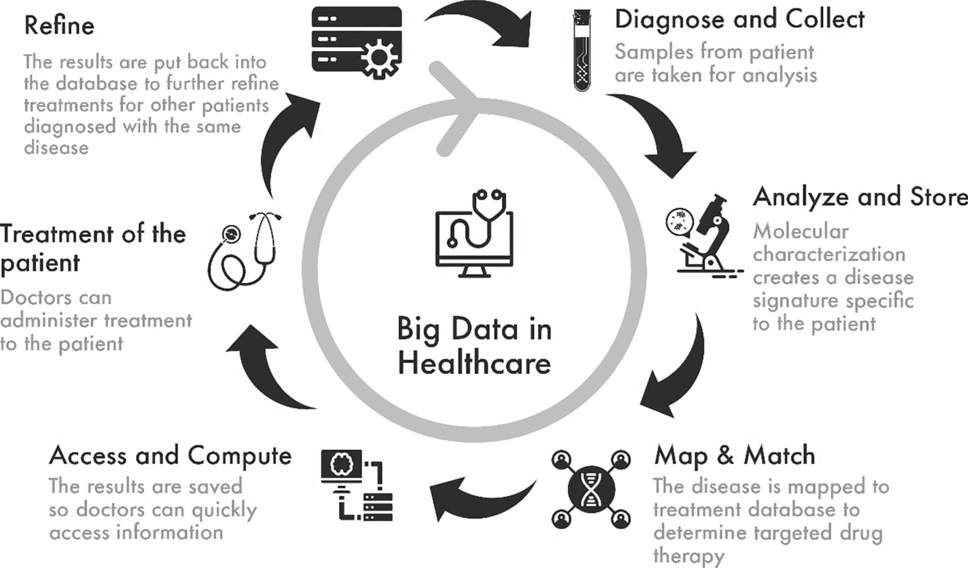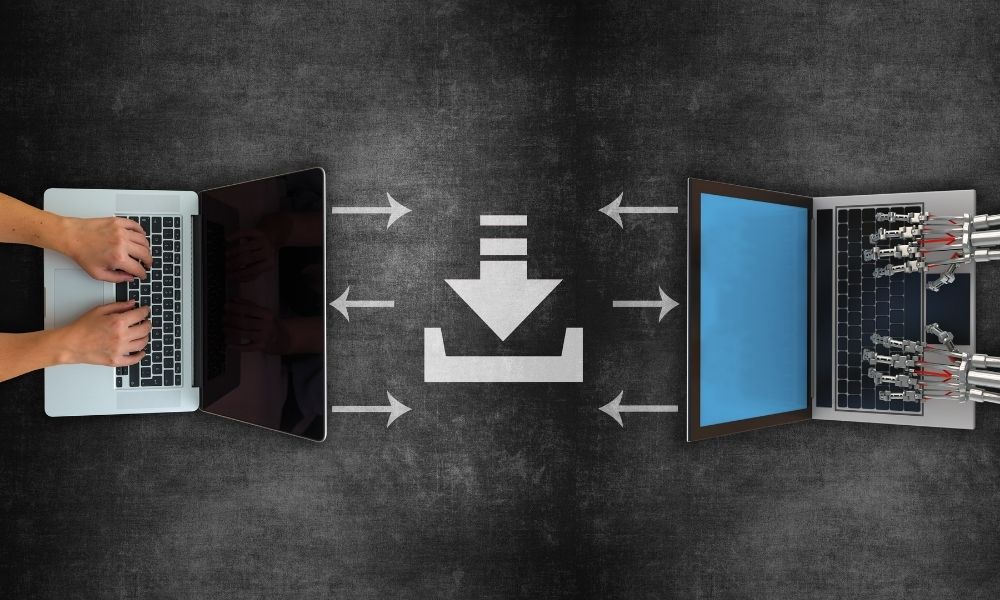Agriculture has always been at the heart of human civilization. It’s the lifeblood that feeds populations, provides jobs, and supports entire economies. However, as the global population continues to rise, so does the pressure on the agricultural sector to deliver higher yields while using fewer resources. With challenges like climate change, soil degradation, and limited water supply, the need for innovative technologies has never been greater.
One such groundbreaking innovation is the chlorophyll sensor. These sensors, capable of detecting the chlorophyll content in plants, are revolutionizing how we understand plant health, growth, and productivity. Let’s dive deeper into what chlorophyll sensors are, how they work, and how they can shape the future of agriculture.
What Are Chlorophyll Sensors?
At the most basic level, a chlorophyll sensor is a device that measures the amount of chlorophyll in a plant’s leaves. Chlorophyll is the pigment responsible for photosynthesis, the process by which plants convert sunlight into energy. The amount of chlorophyll in a plant can provide vital insights into its overall health and stress levels.
By detecting chlorophyll levels, these sensors give farmers and researchers a non-invasive way to monitor crop health in real-time. The sensors can be attached to drones, satellites, or even handheld devices, making it easier to monitor large fields and make data-driven decisions to improve productivity.
How Do Chlorophyll Sensors Work?
Chlorophyll sensors work by emitting light in specific wavelengths and measuring how much light is absorbed by the chlorophyll in the plant. This process is based on the principle that chlorophyll absorbs light most efficiently in the red and blue parts of the spectrum. When light is absorbed, it helps the plant conduct photosynthesis. By measuring how much light is absorbed or reflected, the sensor can determine the chlorophyll concentration in the plant.
Some sensors use a reflectance-based method, where they measure how much light is reflected from the plant. Others might use fluorescence-based techniques to detect the chlorophyll’s natural fluorescence response to light. The result is valuable data that can be used to assess the plant’s health, nutrient status, and overall well-being.
Benefits of Chlorophyll Sensors in Agriculture
1. Early Detection of Plant Stress
Plants can experience stress due to a variety of factors, including water scarcity, pest infestations, nutrient deficiencies, or extreme weather conditions. Stress often manifests as a reduction in chlorophyll levels, which can be detected early with chlorophyll sensor. Early detection allows farmers to take corrective action, such as adjusting irrigation schedules, applying fertilizers, or treating pests, before the problem escalates.
2. Precision Farming
Chlorophyll sensors are a key component of precision farming, a practice that uses technology to monitor and manage field variability. By providing real-time data on plant health, these sensors enable farmers to apply resources like water, fertilizers, and pesticides only where they are needed. This reduces waste, lowers costs, and minimizes environmental impact.
For example, using chlorophyll sensors, farmers can identify which areas of a field have higher or lower chlorophyll content. This information can then be used to apply targeted treatments to specific sections of the field, optimizing the use of inputs and improving yields.
3. Improved Crop Management and Yield Prediction
Chlorophyll sensors can help farmers manage their crops more effectively by providing a clearer picture of their development. By monitoring chlorophyll levels throughout the growing season, farmers can assess whether their crops are receiving the right amount of nutrients and light. This data helps them make informed decisions about irrigation, fertilization, and pest control.
Moreover, chlorophyll sensors can assist in yield prediction. By understanding the health and vitality of the plants, farmers can estimate crop yields more accurately, helping them plan for harvest and sales.
4. Reduced Environmental Impact
Agriculture is a major contributor to environmental degradation, from water pollution to overuse of chemical fertilizers and pesticides. Chlorophyll sensors can help reduce this impact by enabling more efficient and sustainable farming practices. With precise data on plant health, farmers can avoid the over-application of fertilizers and pesticides, leading to less runoff and pollution. Additionally, by optimizing irrigation practices, farmers can conserve water, a precious resource in many parts of the world.
5. Data-Driven Decision Making
In the past, farmers had to rely on their experience and intuition to make decisions about crop management. While this has worked for generations, it can be imprecise and subjective. Chlorophyll sensors, however, provide objective, real-time data that can be analyzed to guide decision-making. This data-driven approach not only improves the efficiency and sustainability of farming practices but also helps farmers maximize their profitability.
Applications of Chlorophyll Sensors in Agriculture
1. Precision Irrigation
Water scarcity is one of the most pressing challenges in agriculture today. By using chlorophyll sensors, farmers can better understand the moisture needs of their crops and adjust irrigation schedules accordingly. If a plant is showing signs of stress due to a lack of water, the sensor can alert the farmer to irrigate that section of the field, ensuring that water is used efficiently.
2. Fertilizer Management
Excessive use of fertilizers can lead to environmental pollution and increased production costs. Chlorophyll sensors help farmers apply fertilizers more precisely, ensuring that plants receive the correct amount of nutrients at the right time. This reduces the risk of over-fertilization and promotes healthier crops.
3. Pest and Disease Monitoring
Chlorophyll sensors can also help in detecting the early signs of pest infestations or diseases. When pests damage plants, they often interfere with the plant’s ability to produce chlorophyll. By monitoring chlorophyll levels, farmers can identify these issues before they become widespread and take action to protect their crops.
The Future of Chlorophyll Sensors in Agriculture
As technology continues to evolve, the role of chlorophyll sensors in agriculture will become even more significant. In the coming years, we can expect to see even more advanced sensors that are smaller, more affordable, and capable of delivering even more precise data. With the integration of artificial intelligence (AI) and machine learning, these sensors will be able to analyze complex data sets and provide even more accurate predictions and recommendations for farmers.
Moreover, the widespread adoption of drones and satellites equipped with chlorophyll sensors will enable farmers to monitor vast areas of land with ease, providing real-time insights that were once impossible to obtain.
Conclusion
Chlorophyll sensors are a powerful tool that harnesses the power of nature to improve agriculture. By providing real-time data on plant health, these sensors enable farmers to make informed decisions that improve crop productivity, reduce environmental impact, and promote sustainability. As the technology advances, it’s clear that chlorophyll sensors will play a critical role in shaping the future of agriculture and ensuring that we can feed a growing global population in an environmentally responsible way.
Incorporating such innovations into everyday farming practices will be a vital step toward achieving a more sustainable and efficient agricultural system. The future of farming is green, and chlorophyll sensors are at the heart of this transformation.

